States must be accountable for failures over Covid-19
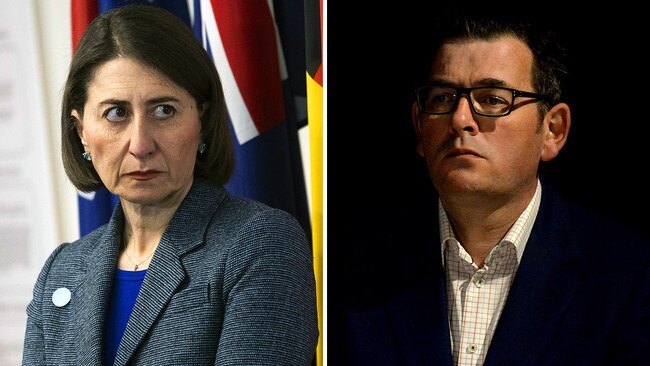
Those grieving COVID-19 victims have been left ropeable and numb by the tepid, formulaic apology of Gladys Berejiklian and the mealy-mouthed defence of Health Minister Brad Hazzard for the Ruby Princess debacle.
In Melbourne, no explanation, however slickly delivered, can justify Daniel Andrews’s government sitting on a critical detail it has known for weeks. That is, about 99 per cent of the second wave of coronavirus, which has killed 334 people and precipitated the stage four lockdown, decimating the economy, arose from the government’s catastrophic hotel quarantine program.
Those who have lost loved ones have a right to be deeply aggrieved. So do the owners of small businesses whose doors have closed for the last time. And so does a generation of young people whose education has been disrupted, damaging their career options.
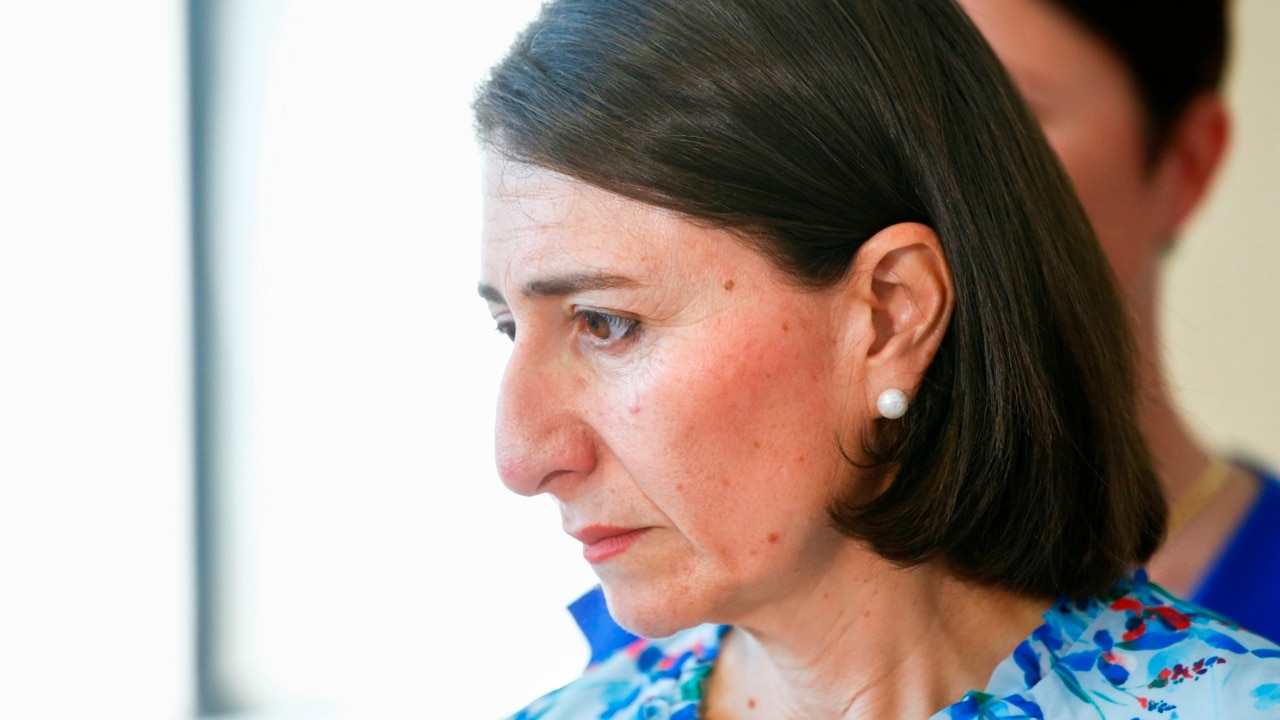
In the early months of stern but necessary restrictions on our liberties during the first wave of COVID-19, Australians were assured we were facing a common peril — all in this together. That slogan now has given way to evasiveness by politicians and some of their expert advisers, as glaring incompetence and complacency have been revealed from the inquiries into deadly failures of process.
Nobody would deny that federal and state leaders are shouldering onerous burdens. They are making life-and-death decisions in a rapidly changing environment against an invisible, sinister foe that exploits failure.
But politicians are elected and paid to serve the public, not to wield power without responsibility. We do not gratuitously attack them for failures. We want them to succeed. And in crises, even the most capable, motivated people will make mistakes. However, with power also comes responsibility. Above all, the public wants to know lessons have been learned from such grave failures that will help prevent recurrences.
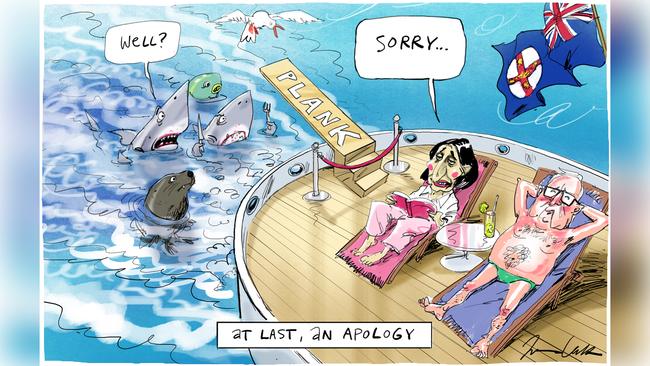
The pandemic has seen some disturbing trendsthat go to the heart of our system of government and to the values of parliamentary supremacy and ministerial responsibility. Our Constitution sets out key provisions of how the nation is to function. Other norms of political decency depend on longstanding conventions. If the Constitution is irrelevant to the present crisis, then when was this decision made and by whom? When, for instance, may we expect the restoration of our rights to free intercourse among the states? Is there legal advice as to how fundamental decisions have been made, especially the call-out of the Australian Defence Force and border closures? In the early stages of the pandemic, some informality and innovation was expedient and might well have saved lives. But the time for executive decrees formulated in Zoom conferences surely has passed. While frontline health workers and those maintaining supply chains have faced risks daily, federal parliament has not sat. Neither has the Legislative Assembly in Victoria.
Instead of rigorous scrutiny in parliaments accountable to the public, we have been governed by an ad hoc process with dubious constitutional legitimacy. Even if the improvised processes had been effective, no liberal democracy worthy of the name should have acquiesced so lightly in government by decree.
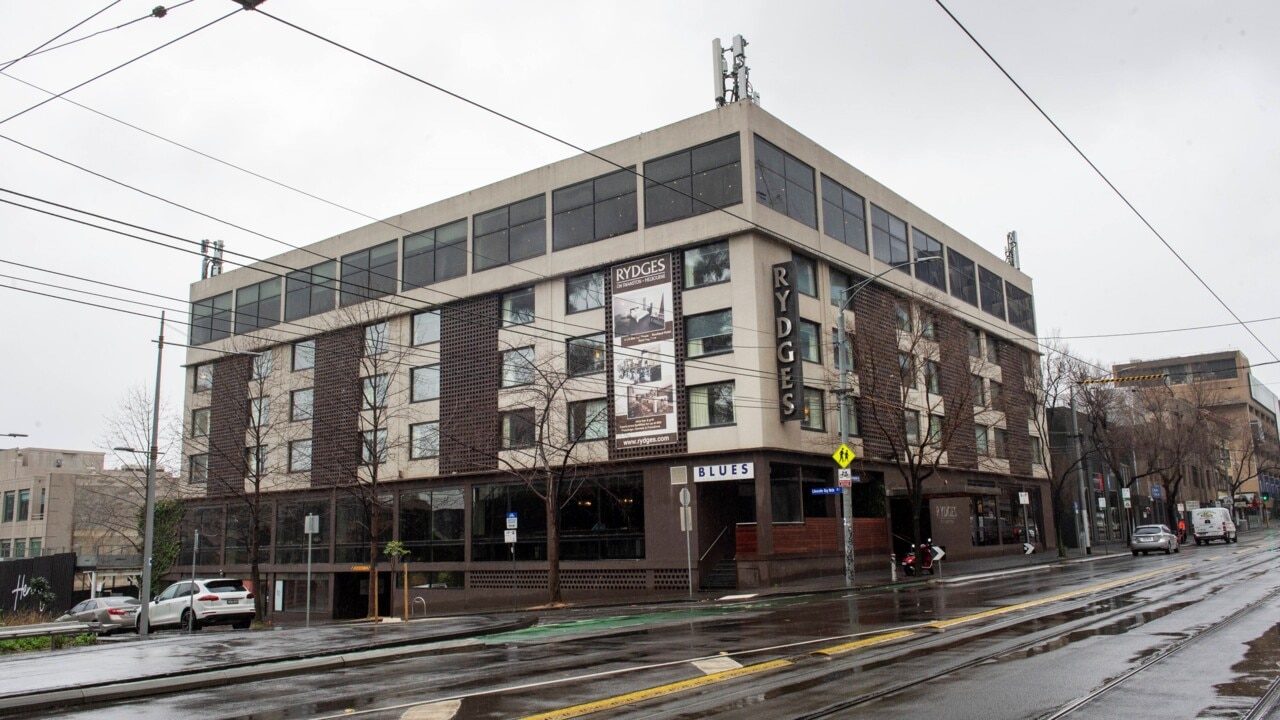
In the two world wars, there was an inexorable accumulation of fiscal power by the commonwealth. But the present crisis has spawned a strange inversion. States unilaterally have closed their borders, at heavy cost to small and medium-sized businesses as the Australian Chamber of Commerce and Industry has noted.
In Queensland and Western Australia, these damaging closures appear to be posturing for domestic political advantage. The closures, arguably, are unconstitutional. The federal government needs to demand genuine collaboration from all the states in return for the enormous financial assistance it is providing.
As Paul Kelly writes on Wednesday, Scott Morrison is actually funding border closures through JobSeeker payments. But the Prime Minister should not expect any collegiality from the states when he faces the people with huge unemployment, a depressed private sector and a mountain of debt to bequeath to young people voting for the first time. Mr Morrison and the Coalition will be judged on the state of the national economy, which is being crippled by maladministration, especially in Victoria, and parochial selfishness in Queensland and WA.
As voter anger and despair rise, Mr Morrison could learn to his regret that not all governments are “in this together”. He has scope to remind premiers that unless they wish to take back their powers to raise income taxes and be financially accountable at the ballot box, they need to remember that at Federation we formed a single indissoluble commonwealth. Fundamental principles of governance are the road map through crises. Such principles are needed to steer us through this pandemic and should not be abandoned because of it.

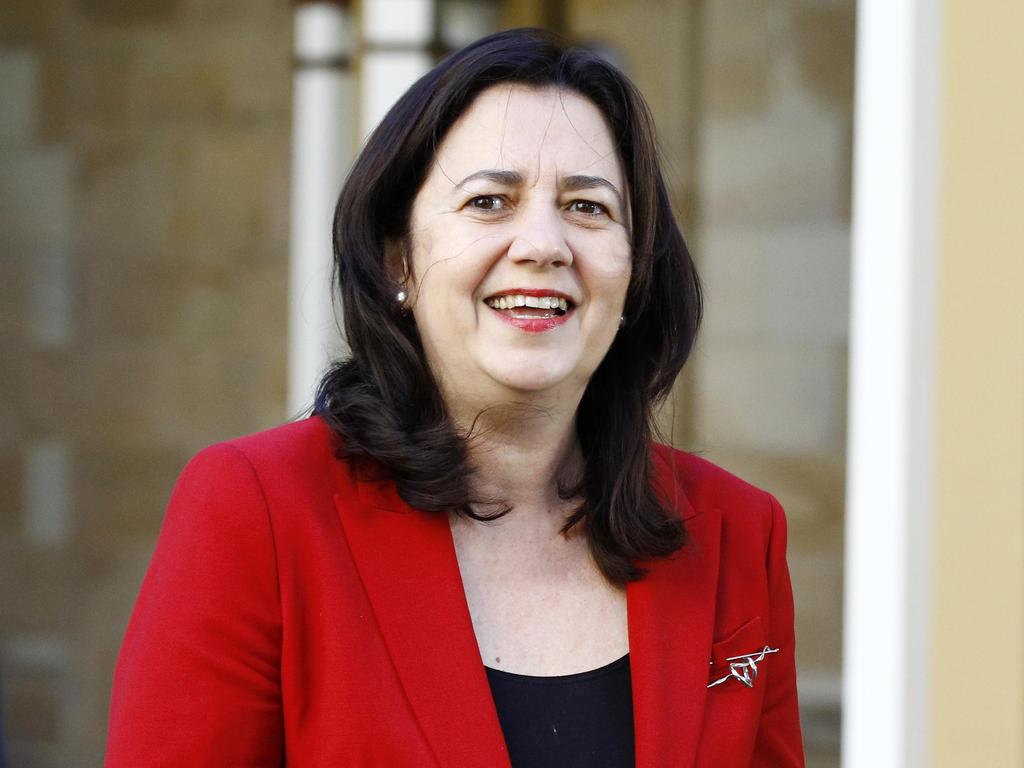
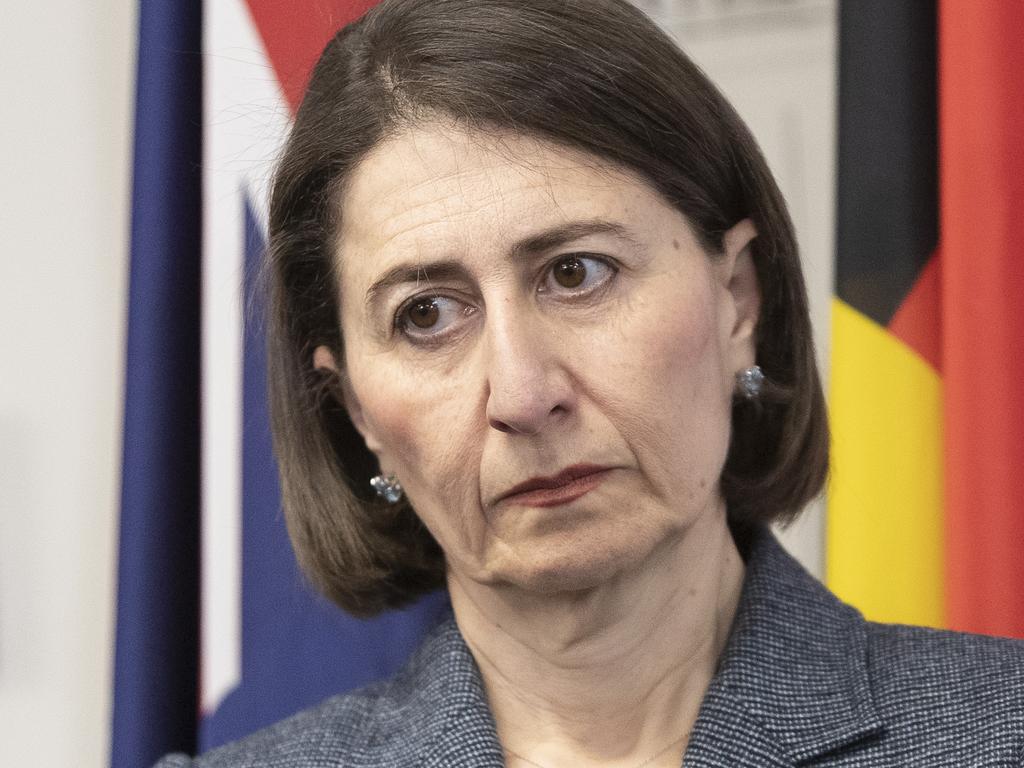

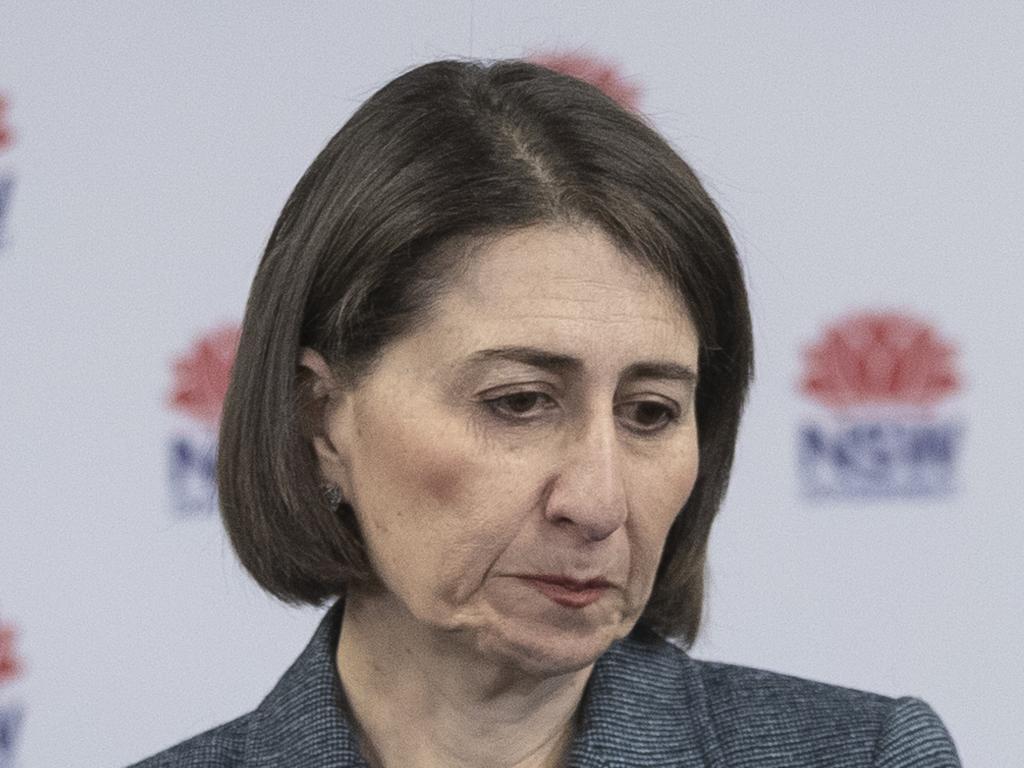

The accountability of governments has never mattered more, evidenced by Australia’s tragic tale of two cities.